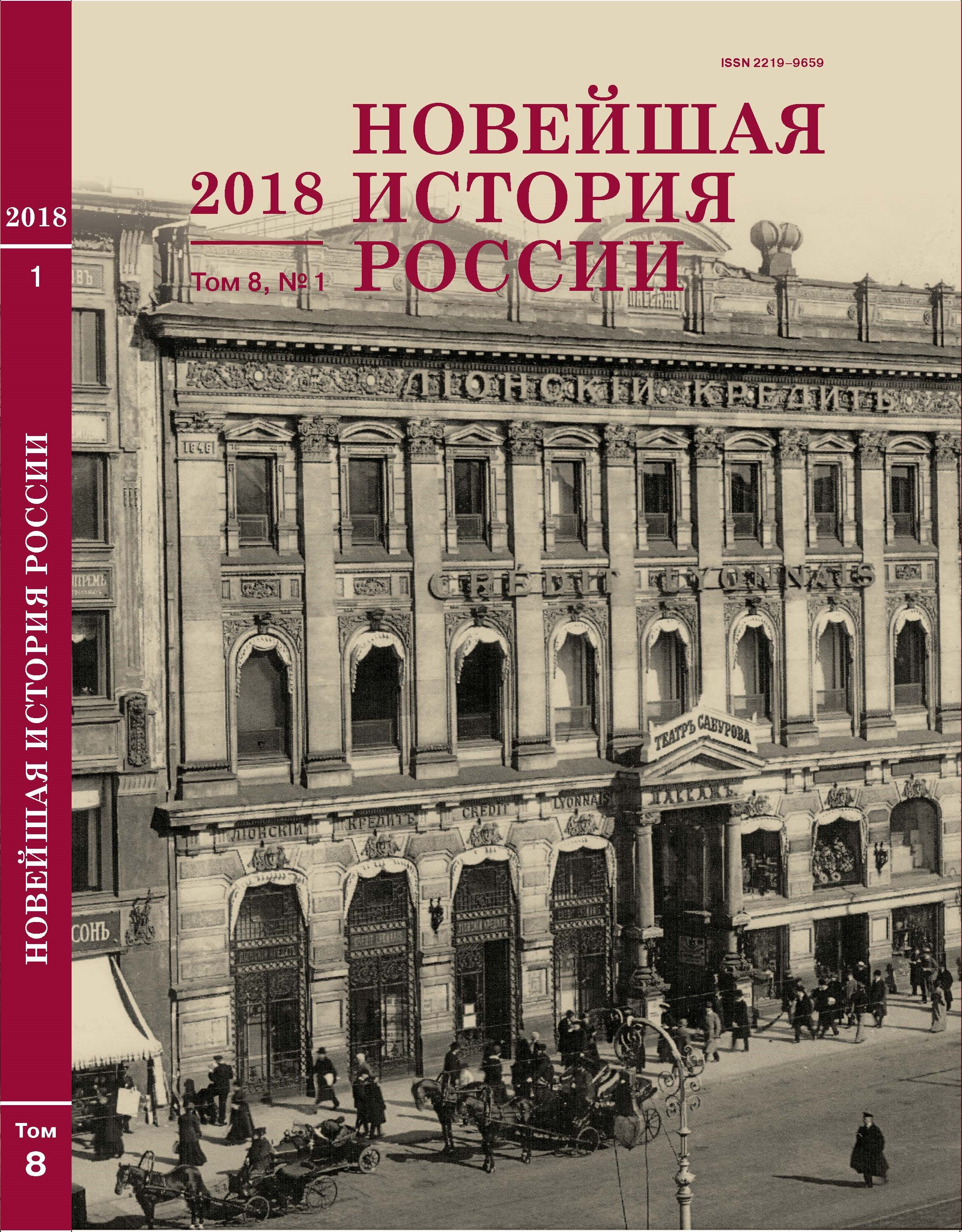От «революционной законности» к «революционной целесообразности»: эволюция взаимоотношений органов ГПУ — ОГПУ и прокуратуры в годы новой экономической политики (на примере Омского Прииртышья)
From Revolutionary Legality to Revolutionary Expediency: Evolution of Relations the GPU—OGPU and Prosecutors During the New Economic Policy (on the Example of the Omsk Irtysh Region)
Author(s): A. V. SushkoSubject(s): Local History / Microhistory, Political history, Interwar Period (1920 - 1939)
Published by: Издательство Исторического факультета СПбГУ
Keywords: the GPU—OGPU; prosecutors; Omsk Irtysh region; legality; the New Economic Policy
Summary/Abstract: The article describes the evolution of relations between the GPU–OGPU and prosecutors in the Omsk-Irtysh region. It was shown that at the end of 1922 to the middle of 1927, prosecutors in accordance with their mandate successfully carried out the state control over activities of the OGPU and its compliance with Soviet legislation thereby performing in practice the idea of “revolutionary legality”. The character of relations prosecu- tors and OGPU was changed in 1927. This is evidenced by the “Parygin case”. Security offi with the support of the local party-state elite began to ignore the public prosecutor’s supervision, this discrediting the prosecuting authorities. By the beginning of 1928 in Omsk Irtysh region prosecuting authorities had lost infl and did not have the support of the party apparatus. With regard to citizens under investigation by the OGPU, prosecutors could not fulfi their responsibilities for monitoring compliance with citizens’ rights and the Rule of Law in general. Since the late 1920s, the need for ruling party in conduct of the OGPU’s repressive policy against wide social groups led to the fact that is not prosecutors who oversaw the OGPU, but the OGPU which, in spite of the legisla- tion, conducted surveillance of the prosecuting authorities and reported its results to the party leadership. At that time the OGPU was not supervised by prosecuting authorities, on the contrary, prosecuting authorities began to be supervised by the OGPU despite Soviet Law. Such practices during the second half of the 1920s are evidence of approval in Soviet society the primacy of “revolutionary expediency”, which comes from the OGPU, over “rev- olutionary legality”, which were supposed to provide prosecuting authorities together with the courts. It became the most important precondition for the spoiling of the NEP, collectivization and large-scale political repression.
Journal: Новейшая история России
- Issue Year: 8/2018
- Issue No: 1
- Page Range: 70-81
- Page Count: 12
- Language: Russian

